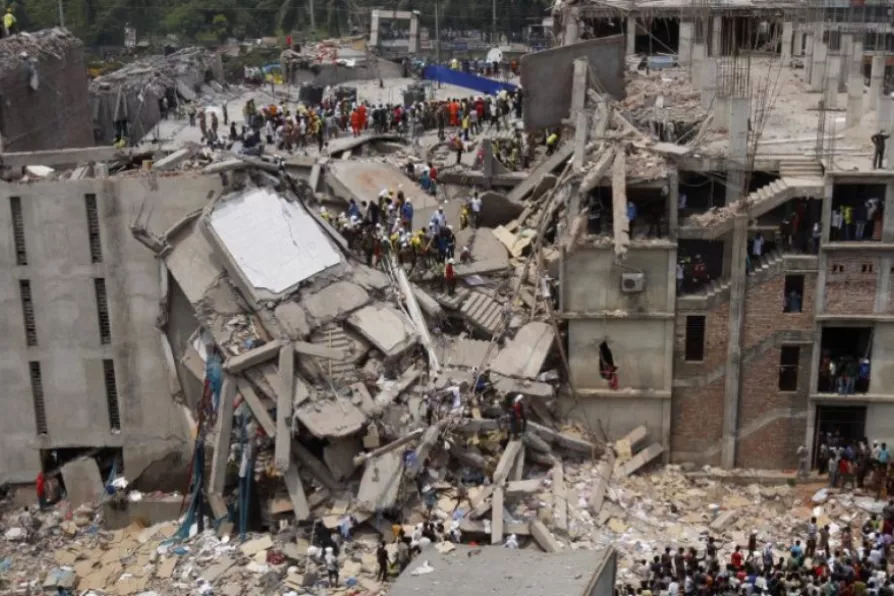This weekend, the NEU holds a special conference to debate changing its approach to organising teaching assistants, which a 2017 TUC agreement forbids. General secretary DANIEL KEBEDE outlines the choices before delegates

 The Rana Plaza disaster
[rijans/Creative Commons]
The Rana Plaza disaster
[rijans/Creative Commons]
WHAT began as a struggle by workers in Chicago Haymarket in 1886 on the key issue of an eight-hour day took on an international significance following the deaths of four workers.
The struggle for an eight-hour day and the importance of collective action around organising within the trade unions became a worldwide phenomenon.
In the age of globalisation, in the 21st century, 132 years after Chicago, the issue of the working conditions of workers on a global scale has lost none of its relevance.

ANN HENDERSON looks at the trailblazers of the Women’s Trade Union League and their successful fight for female factory inspectors — a battle that echoes in today’s workplace campaigns

As global fascism grows, ROGER McKENZIE urges the left to reclaim May Day’s revolutionary roots — not as an act of nostalgia, but as fuel for building a ‘community of resistance’ against exploitation and the rise of fascism










